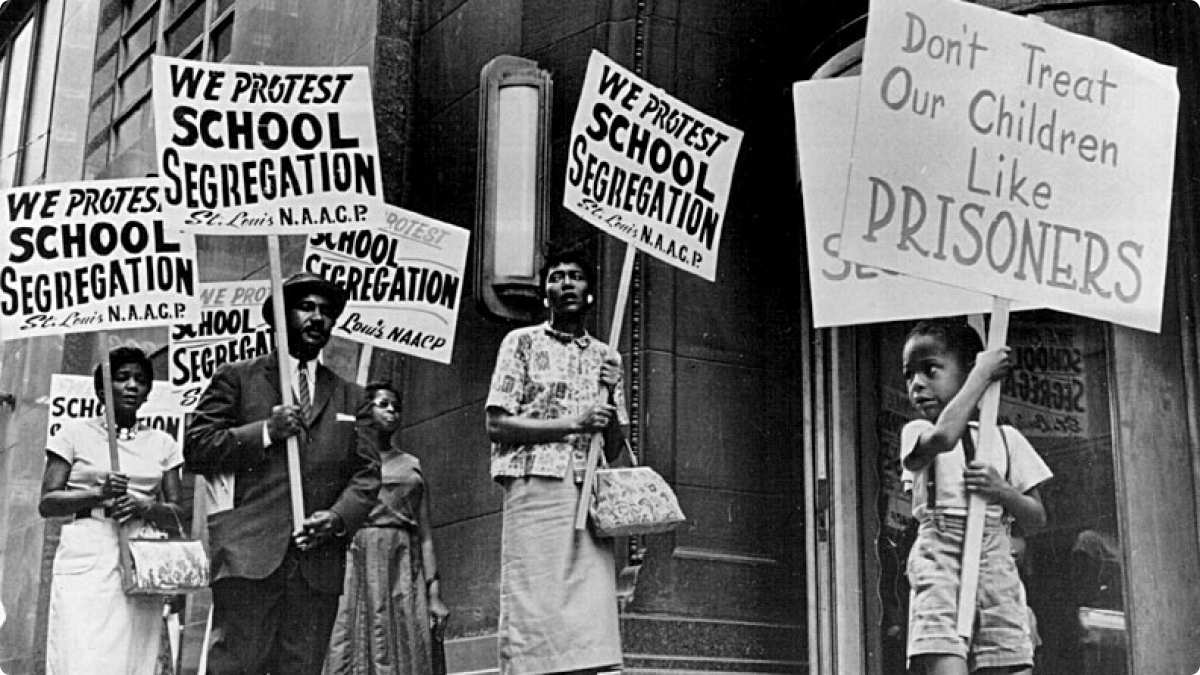As the nation observes the May 17 anniversary of the Supreme Court decision that ended racial segregation in public schools, a new study has found that desegregated schooling is tied to better performance for certain cognitive abilities in older African American Adults.
This research is published in an article titled “Education Desegregation and Cognitive Change in African American Older Adults,” appearing in the May 2015 issue of The Journals of Gerontology, Series B: Psychological Sciences and Social Sciences.
“Our findings suggest that there is a slight, but statistically significant advantage associated with desegregated schooling for language and perceptual speed,” said Adrienne T. Aiken-Morgan, PhD, a clinical geropsychologist at Duke University and the lead author of the study. “However, the intriguing part of the story is that study participants who attended desegregated schools did not show any advantage in rate of cognitive decline over time.”
The data are based on participant interviews from the Baltimore Study of Black Aging — Patterns of Cognitive Aging and include cognitive measures from six domains of function as measured 33 months apart. The study sample included 420 urban, community dwelling African Americans age 50 and older. Of these, 118 had attended desegregated schools and 302 had attended segregated schools prior to the 1954 Brown v. Board of Education decision.
Each subject completed the series of tests, both at the baseline and follow-up assessments. The cognitive measures included global cognition, reasoning, memory, working memory, language, and perceptual speed.

